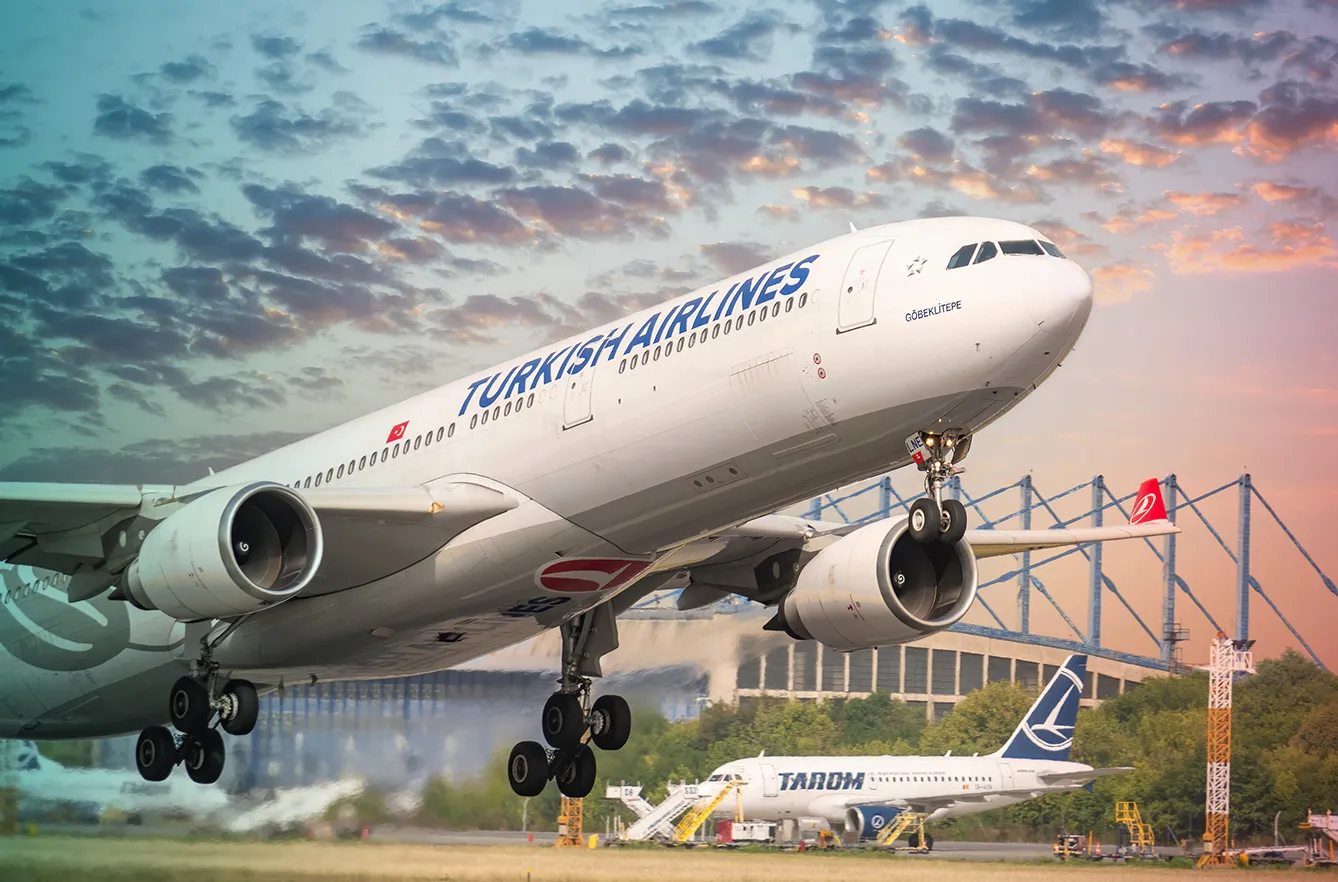In the city of Shumen in northeastern Bulgaria, a bus schedule at the city’s bus station reveals the easiest route for traveling abroad by plane for local residents. The buses, leaving daily from this regional hub, are not heading to Varna, home to the nearest international airport, just a one-hour drive away, or the capital Sofia located some 400 kilometers to the west. Around here, those looking for a cheap plane ticket and a short drive around here head to Bucharest, Romania, from where they continue their journey.
From Bucharest to Varna by train
Offering more connections at lower prices than its competing airports in Bulgaria, the Bucharest Henri Coandă International Airport, also known as Otopeni, has been serving for years hundreds of thousands living in the northeastern part of Bulgaria, still devoid of fast-speed road and railroad connections to Sofia. And while the latter is not about to change soon, unfortunately, those relying on better connectivity to Romania are in for some good news.
In 2024, Ruse, a city on the Danube with less than 200,000 citizens, will be connected to the Romanian capital Bucharest by a high-speed train. The journey between the Bulgarian city and Bucharest is expected to last less than an hour, with the train making the very important stop at the Otopeni airport too. An entirely Romanian initiative, the connection further connects Bulgaria’s northeast to Romania and offers what many Bulgarians cannot find at home yet: fast access to a major international airport. Initially scheduled for delivery late in 2023, the project is currently facing a delay, but as of now, the official opening in 2024 seems certain as the works are progressing.
The excitement on the Bulgarian side of the border is palpable. Analyzing the prospects, Bulgarian media even announced that Ruse will essentially become a “suburb” of Bucharest. Bulgaria and Romania share 609 kilometers of border. And yet, despite the fact that the Danube River forms as many as 470 km of that border, the two countries are linked only by two bridges.
Bridges and rails
As 3Seas Europe wrote earlier this year, despite plans for more bridges, the reality on the ground remains unsettling, with the two bridges barely keeping up with traffic. The fast-speed 111 km railroad connection between Ruse and Bucharest is most definitely a step in the right direction, but as of now, it might remain just this: An isolated development.
While, with the right investment, a 3-hour rail connection between Sofia and Bucharest, as opposed to the current 10-hour journey, is possible, there is little indication that Bulgaria will move on to significantly modernize its railroad network anytime soon. Furthermore, Bulgaria is also not currently working on modernizing the railroad connections linking Sofia with Ruse and Varna, Bulgaria’s largest cities in the northeast, meaning that issues will persist for those traveling within Bulgaria and then radically improve if one head to the country’s neighbor to the North.
Professor Milcho Lepoev, head of the Department of Railways at the University of Architecture, Civil Engineering and Geodesy in Sofia, believes that Bulgaria needs at least a 30-year strategy for the development of rail transport, also currently lacking, and what’s more important, stick to it if the country wants to be relevant on the European railroad map.
With projects like the Ruse-Bucharest fast-speed rail connection on the brink of becoming a reality, at least there are already good examples for such a strategy within reach.







